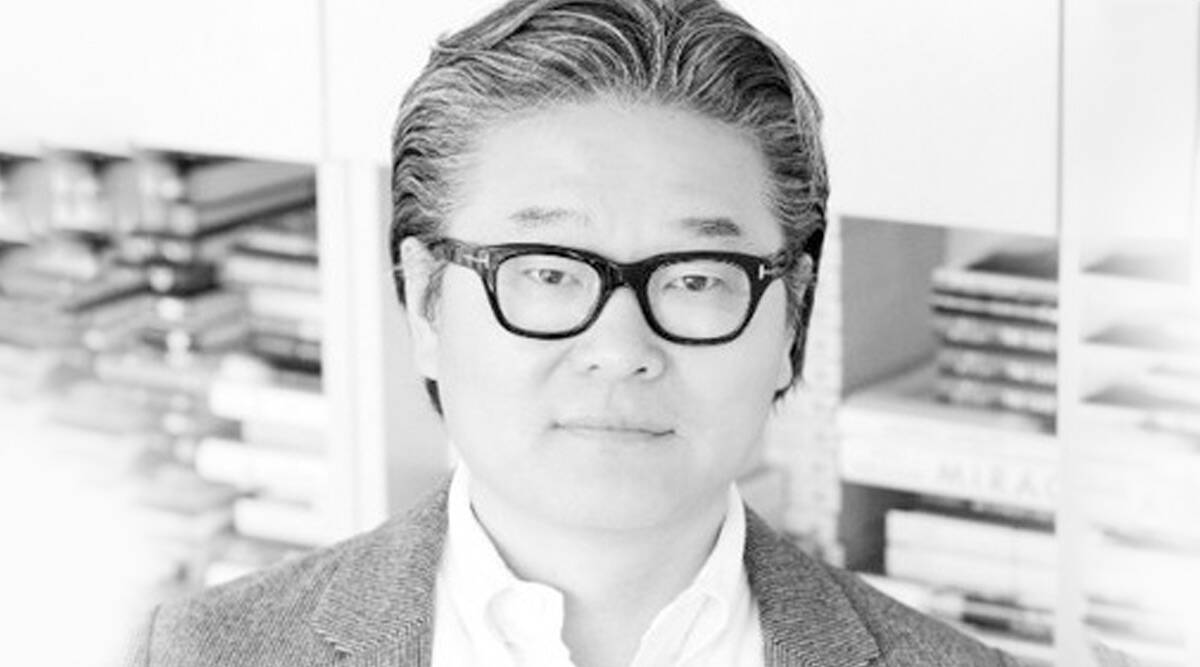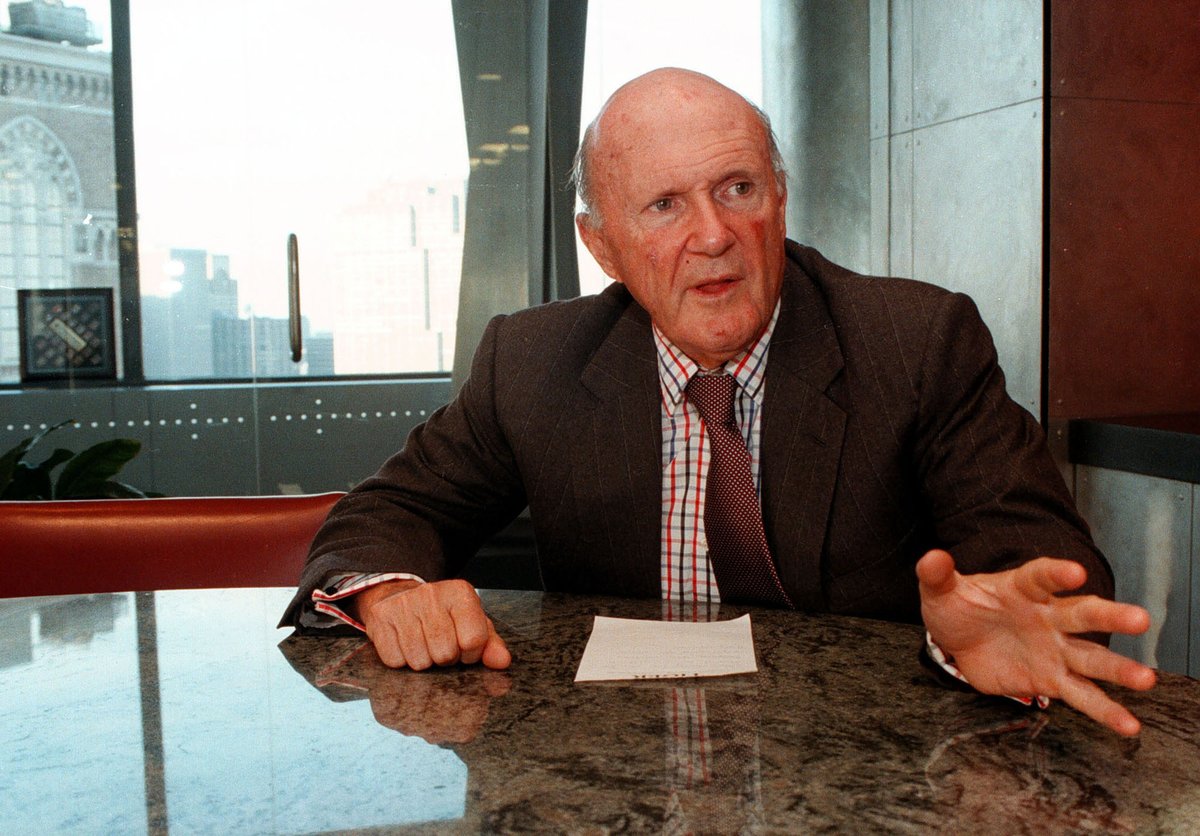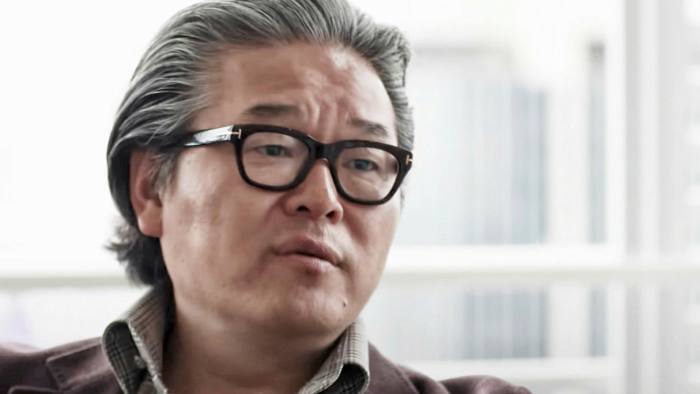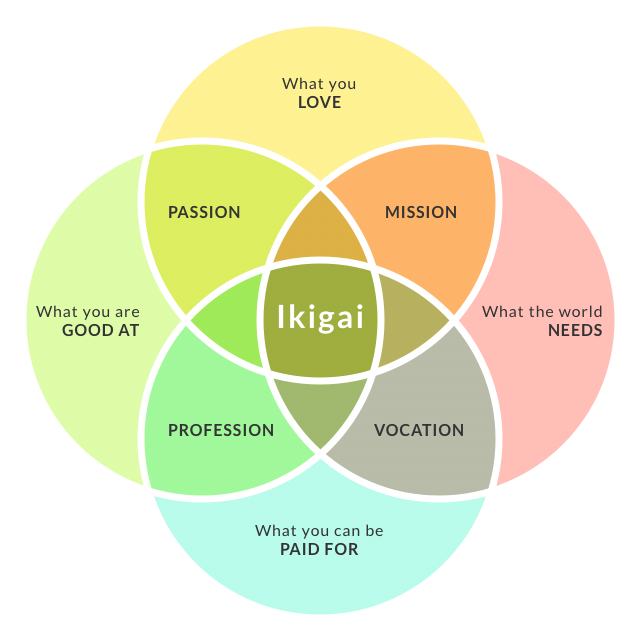
Kaizen is a powerful concept for unlocking growth in your career, startup, business, writing, or life.
A short thread on what it means and the magic of continuous improvement...
A short thread on what it means and the magic of continuous improvement...

Kaizen is a Japanese word meaning “improvement.”
In practice, the term is used to convey continuous improvement.
It is a dynamic process - ongoing, incremental, compounding daily improvements.
In practice, the term is used to convey continuous improvement.
It is a dynamic process - ongoing, incremental, compounding daily improvements.
The origin of the concept of Kaizen is long, winding, and global in nature.
In the 1930s, Walter Shewhart - a Bell Labs engineer - had developed the Plan-Do-Study-Act System (PDSA) to assess the effectiveness of organizational changes in driving continued business improvement.
In the 1930s, Walter Shewhart - a Bell Labs engineer - had developed the Plan-Do-Study-Act System (PDSA) to assess the effectiveness of organizational changes in driving continued business improvement.

Shewhart had mentored a young engineer named W. Edwards Deming, who went to Japan after WWII as part of the post-war recovery efforts.
Deming implemented and improved upon his mentor’s ideas and helped to drive the remarkable post-war economic growth in Japan.
Deming implemented and improved upon his mentor’s ideas and helped to drive the remarkable post-war economic growth in Japan.
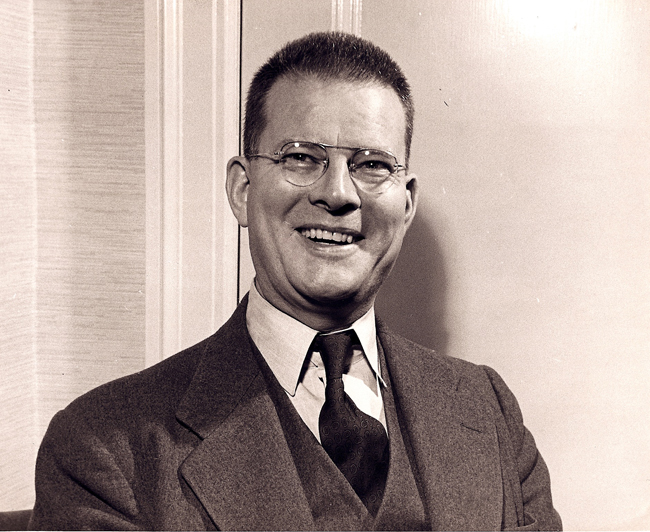
But the concept of Kaizen began to build a mainstream following with the works of Masaaki Imai, a Japanese organizational theorist and consultant.
In 1986, he published a best-seller, entitled “Kaizen: The Key to Japan’s Competitive Success” and founded The Kaizen Institute.
In 1986, he published a best-seller, entitled “Kaizen: The Key to Japan’s Competitive Success” and founded The Kaizen Institute.
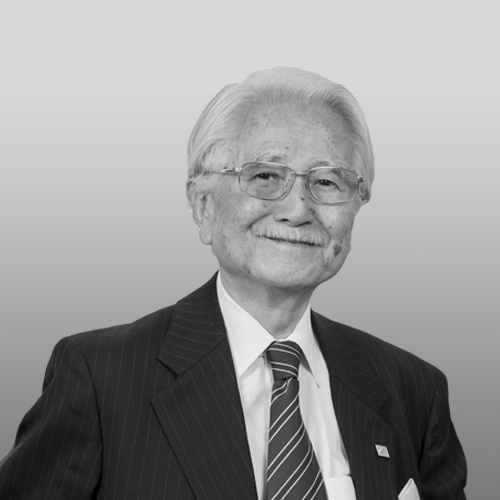
Kaizen prioritizes small, daily improvements (rather than large, step-function leaps).
It teaches that progress and growth are the result of daily actions to drive the small improvements.
It teaches that progress and growth are achievable for anyone willing to put in the work.
It teaches that progress and growth are the result of daily actions to drive the small improvements.
It teaches that progress and growth are achievable for anyone willing to put in the work.
The great @JamesClear shared a powerful visualization of the magic of Kaizen.
“If you get one percent better each day for one year, you'll end up thirty-seven times better by the time you’re done.”
The math doesn’t lie.
Kaizen - continuous improvement - is the way.
“If you get one percent better each day for one year, you'll end up thirty-seven times better by the time you’re done.”
The math doesn’t lie.
Kaizen - continuous improvement - is the way.

“The journey of a thousand miles begins with a single step.” - Lao Tzu
As you embark on your own thousand-mile journey - whether in your career or life - always remember the incredible power of small, consistent, daily progress.
Always remember the power of Kaizen.
As you embark on your own thousand-mile journey - whether in your career or life - always remember the incredible power of small, consistent, daily progress.
Always remember the power of Kaizen.
Special thanks to @GavinSBaker for the topic suggestion! Follow him for powerful investing and technology insights.
For more on Kaizen, use these resources:
Atomic Habits by @JamesClear: amazon.com/Atomic-Habits-…
Continuous Improvement by @JamesClear: jamesclear.com/continuous-imp…
For more on Kaizen, use these resources:
Atomic Habits by @JamesClear: amazon.com/Atomic-Habits-…
Continuous Improvement by @JamesClear: jamesclear.com/continuous-imp…
Follow me for more threads on business, mental models, finance, and life. You can find all of my threads in the meta-thread below.
https://twitter.com/SahilBloom/status/1284583099775324161?s=20
And for those of you who are less Twitter inclined, you can sign up here to receive my threads (and audio versions!) directly to your inbox. sahilbloom.substack.com
• • •
Missing some Tweet in this thread? You can try to
force a refresh

